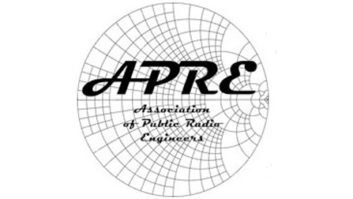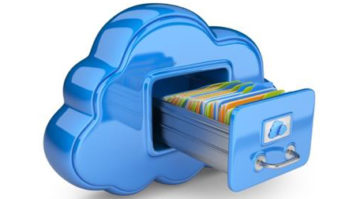A heavy monetary forfeiture in the amount of $15,000 has been laid at the doorstep of a Virginia AM station after a series of alleged public file violations.
The Federal Communications Commission said that Hubbard’s Advertising Agency Inc., which is licensee of station WLLL(AM) in Lynchburg, Va., violated two sections of FCC Rules by failing to prepare required quarterly issues/programs lists and failing to upload that information into the station’s online public inspection file (OPIF).
In response, the company said the oversite was not intentional. The company’s owner, 92-year-old Fletcher Hubbard, is not computer literate, the letter said, and did not understand how to access WLLL’s online pubic file “let alone how to upload documents to the file.”
[Read: Small AM Station Hit With Violation Notice Over Tower and Station ID]
The FCC recently reviewed its public inspection file rules, which state that commercial broadcast licensees must maintain a public inspection file that details community-oriented programs that the station has covered during a three-month period. That list must include a narrative of the issues that were addressed as well as the time, date, duration and title of each program. Those issues and program lists must then be placed in the station’s public file and be kept while the station’s license renewal application is being considered.
The filing system was modernized in 2016 when the commission voted to update the OPIF Rule so that all public inspection files were uploaded to an online database. As of March 1, 2018, all broadcast radio stations were required to post all public file material (except certain political file info) in that file.
As station WLLL began compiling information for its license renewal application, it answered “no” when asked if documents had been properly placed in the station’s public inspection file at the appropriate times.
“[Hubbard’s] adult children, who recently begun to assist him in the operation of the station, have searched for such issues and programs lists and were unable to find any,” the licensee said in an letter to the FCC. “Going forward the licensee’s children intend to make certain that the station complies with all FCC requirements including uploading issues and programs lists to the station’s public file when due.”
But the FCC expressed no inclination to be lenient. “Where such lapses occur, neither the negligent acts or omissions of station employees or agents, nor the subsequent remedial actions undertaken by the licensee, excuse or nullify a licensee’s rule violation,” the commission said in response.
The commission has established a base forfeiture amount of $10,000 for those stations that fail to maintain a public file and an additional $3,000 for failing to upload required information, although the commission has been known to adjust that forfeiture upward or downward after considering the gravity of the violation and any previous offenses.
The FCC decided that a $15,000 forfeiture was appropriate for the licensee’s failure to prepare and upload quarterly issues and programs lists — in part because the public file violations were “extensive and not remediable” and occurred across two successive license terms.
“Notwithstanding the licensee principal’s advanced age, it is a licensee’s responsibility to comply with commission rules,” the Media Bureau said.
But even though the licensee’s violations were deemed as “serious violations,” they do not rise to the point that the FCC decided to outright deny the station’s license renewal. The commission decided instead to approve a short-term license renewal to ensure the licensee complies with the public file rules moving forward.
[Subscribe to our newsletter and get it delivered right to your inbox.]












